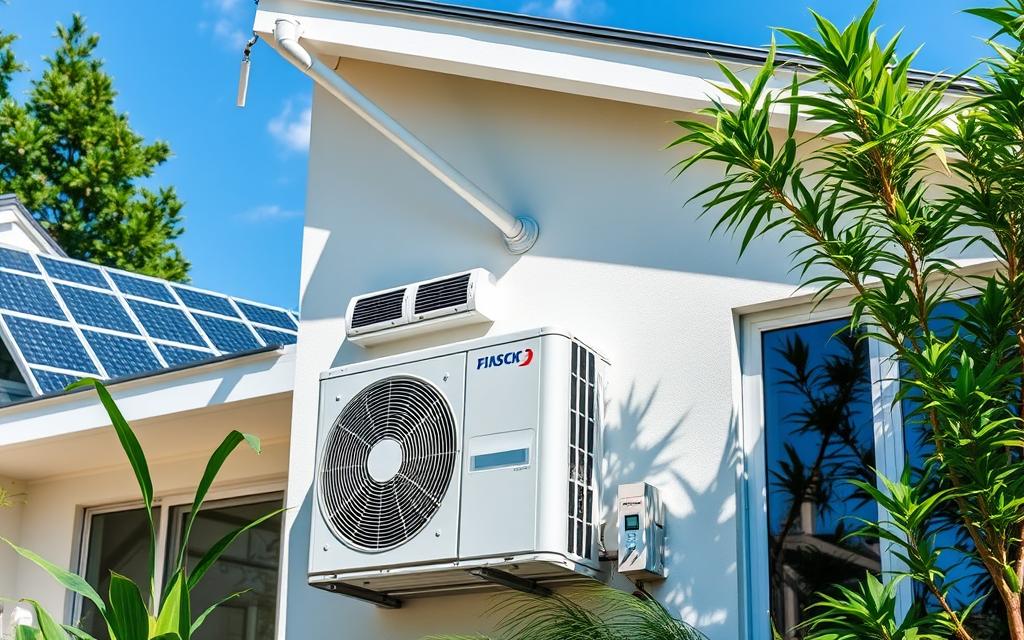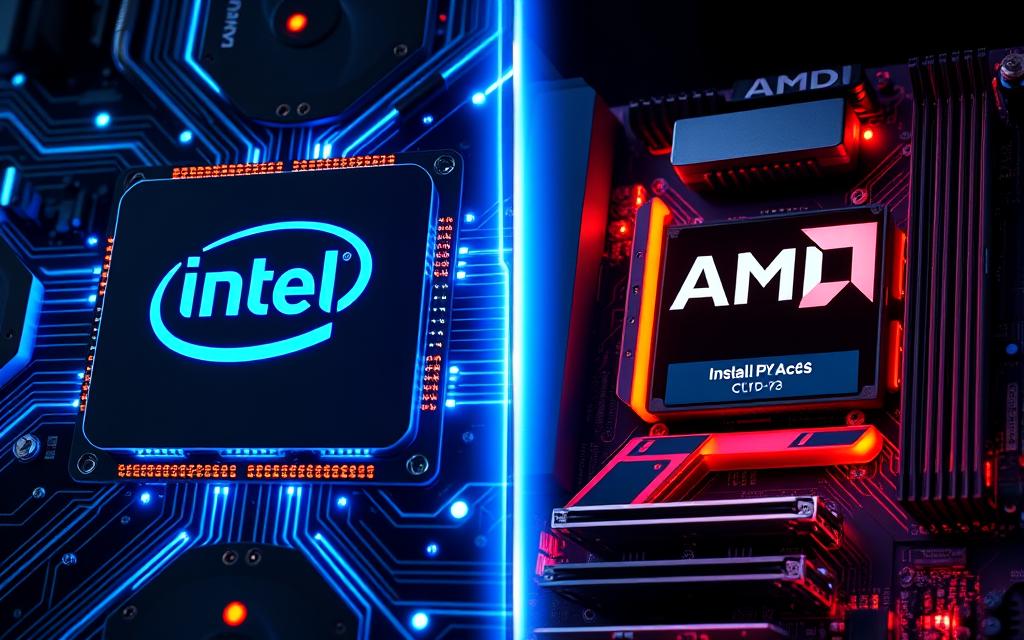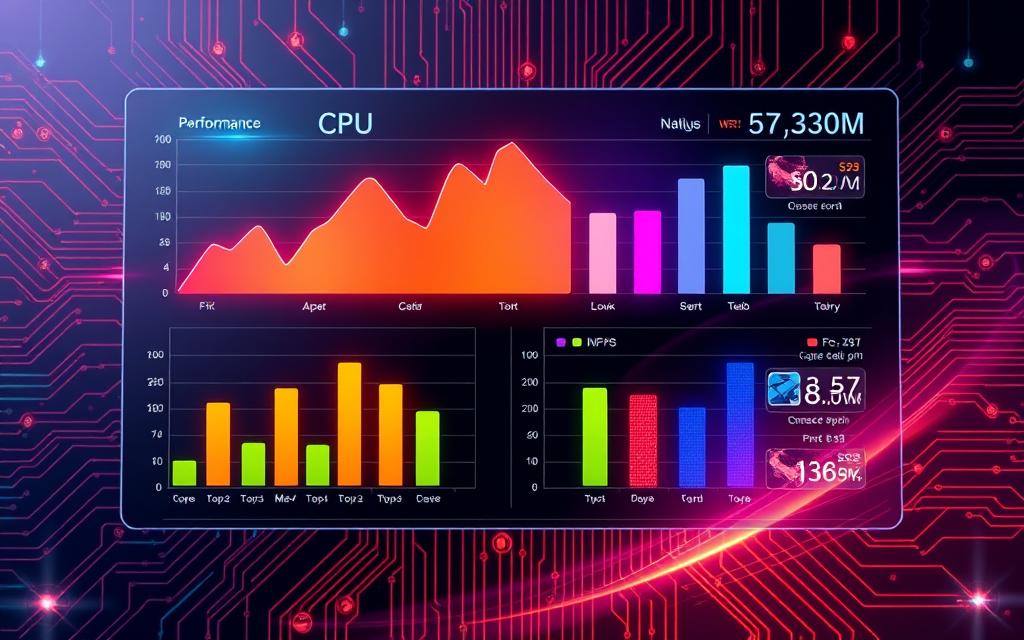Upgrading your cooling system is a significant step towards enhancing your home comfort, particularly during the blistering summer months. With today’s cutting-edge cooling technology, energy-efficient cooling systems not only ensure a pleasant indoor climate but also help reduce utility costs. You will find that an upgraded system can improve indoor air quality, offering you a healthier environment. It’s essential to understand the key features and options available to make informed choices that suit your specific needs.
Understanding the Importance of an Upgraded Cooling System
Upgrading your cooling system offers numerous advantages that impact your overall living experience. Enhanced energy efficiency leads to reduced energy bills and a smaller carbon footprint, which is crucial in today’s environmentally conscious society. Outdated systems often consume excessive energy, so improving efficiency serves both your wallet and the planet.
Benefits of Enhancing Energy Efficiency
When you prioritize energy efficiency, several benefits emerge:
- Lower energy costs, allowing for financial savings each month.
- Reduced energy consumption, which contributes positively to the environmental impact.
- Increased system performance, leading to fewer repairs and replacements.
Impact on Home Comfort and Air Quality
An upgraded cooling system significantly enhances home comfort. Modern units excel in temperature regulation and airflow management, creating a more pleasant indoor environment. Furthermore, many advanced cooling systems integrate superior air filtration capabilities that actively improve air quality. Enhanced air quality directly impacts your well-being, reducing allergens and other pollutants in your home. Investing in a high-performance cooling system fosters a more comfortable living space while promoting health and a sustainable future.
Key Features to Look for in a Cooling System Upgrade
When selecting a cooling system upgrade, key features play a vital role in enhancing your home environment. Understanding energy efficiency ratings and the impact of advanced technology can significantly influence your decision-making process.
Energy Efficiency Ratings: SEER Explained
The Seasonal Energy Efficiency Ratio (SEER) serves as a crucial metric for evaluating cooling systems. SEER ratings reflect the cooling output of an air conditioning system over a typical cooling season, divided by the total electricity consumed. Higher SEER ratings indicate high-efficiency models that maximize cooling while minimizing energy consumption. Investing in a system with a superior SEER rating means long-term savings on energy bills, alongside a reduced environmental impact.
Advanced Technology in Modern Cooling Systems
Modern cooling technology has evolved remarkably, integrating features that enhance efficiency and user convenience. Many high-efficiency models now come equipped with variable-speed motors, which adjust airflow based on real-time demand. This adaptability ensures consistent comfort levels while lowering energy consumption. Innovative smart thermostats further revolutionize cooling systems by enabling remote monitoring and automatic adjustments, helping you achieve optimal cooling performance at all times.
| Feature | Benefits |
|---|---|
| SEER Ratings | Indicates energy efficiency; higher ratings lead to lower utility bills and less energy waste. |
| Variable-speed Motors | Adjust air output as needed; enhances comfort and reduces electricity usage. |
| Smart Thermostats | Offers remote control and efficiency monitoring; optimizes both comfort and energy savings. |
Exploring Types of Cooling Systems for Your Upgrade
When considering an upgrade to your cooling system, it is crucial to evaluate the various options available. Each type of cooling system has its advantages and disadvantages, affecting performance, cost, and energy efficiency. Selecting the right system can greatly enhance your home comfort while effectively managing energy consumption.
Central Air Conditioning Systems
Central air conditioning systems are a popular choice for homeowners with larger spaces. These systems utilize ductwork to distribute cool air efficiently, maintaining a consistent temperature throughout your home. Central air conditioning offers several benefits:
- Even cooling in multiple rooms.
- Effective moisture control, improving indoor air quality.
- Enhanced energy-efficient options compared to older models, leading to lower utility bills.
Ductless Mini-Split Systems
Ductless systems, or mini-split systems, present a flexible alternative for cooling. These units do not require ductwork, making them ideal for homes without existing ducts or for retrofitting purposes. Some benefits include:
- Zone control allows you to cool specific rooms based on use.
- Energy-efficient options that lead to significant savings on energy bills.
- Quiet operation compared to traditional central air conditioning systems.
Evaporative Coolers and Their Efficiency
Evaporative coolers are an eco-friendly and cost-effective solution, especially in dry climates. By using water evaporation to cool the air, these systems offer lower operational costs compared to traditional air conditioning methods. Advantages include:
- Lower energy consumption, making them more affordable to operate.
- Natural cooling process that promotes improved air quality.
- Simpler installation and maintenance compared to central air conditioning systems.
PC Cooling Upgrade: Thermal Management Options
Upgrading your cooling system plays a vital role in improving the performance of your PC. When considering a PC cooling upgrade, focus on thermal management options that best suit your needs. Understanding the different types of CPU coolers is crucial, as they can significantly influence system temperature and efficiency.
CPU Coolers: Air Cooling vs. Liquid Cooling
CPU coolers primarily come in two varieties: air cooling and liquid cooling. Air cooling systems use heatsinks and cooling fans to dissipate heat. This method remains a popular choice due to its affordability and simplicity. On the other hand, liquid cooling systems utilize coolant to transfer heat away from the processor more effectively. These systems are steadily gaining traction particularly among enthusiasts with high-performance or over-clocked chips.
Heat Dissipation and Its Importance in Performance
Effective heat dissipation is essential for maintaining optimal performance. Water-cooled systems often lead in efficiency compared to air counterparts. Technologies such as vapor chambers can enhance cooling performance by 20 to 30%, allowing for thinner cooling solutions without sacrificing effectiveness. For laptops, solutions like heat pipes serve to distribute heat evenly, ensuring that performance remains robust even in compact designs. Proper thermal management prevents overheating, allowing your hardware to reach its full potential during demanding tasks.
Choosing the Right Cooling Fans
Selecting the right cooling fans is instrumental in enhancing airflow within your system. While stock heatsinks and fan configurations suffice for average users, enthusiasts may benefit from premium options tailored to high heat output. Passive cooling solutions suit silent operation environments, while more advanced users might seek out thermal paste for efficiency, or even advanced liquid metal for superior heat conduction. Understanding your system’s needs will enable you to make informed choices regarding cooling fans and ensure your PC thrives under pressure.
Conclusion
Upgrading your cooling system is not merely an option; it’s a significant investment that offers numerous long-term benefits. With an emphasis on energy efficiency, you can enjoy lower utility bills while enhancing your home’s comfort. The right cooling system upgrade ensures a more pleasant environment, especially during the sweltering summer months, allowing you to maintain optimal indoor temperatures without breaking the bank.
Whether you’re considering a central air conditioning unit or a specialized liquid cooling system for your PC, evaluating the latest technologies is essential. Take the Phanteks Glacier One T30 Gen2 and ASUS ROG RYUO III, both leveraging Asetek Gen8 pump technology for unmatched heat absorption capabilities. These innovations not only enhance performance but can also prolong the lifespan of your equipment, making for an intelligent investment.
As you ponder your options, remember that focusing on features that promote comfort, efficiency, and performance enhancement will ultimately lead to better choices for your personal needs. A well-executed cooling system upgrade will provide quieter operations and cleaner systems, allowing you to enjoy a more efficient and enjoyable living or gaming experience for years to come.










